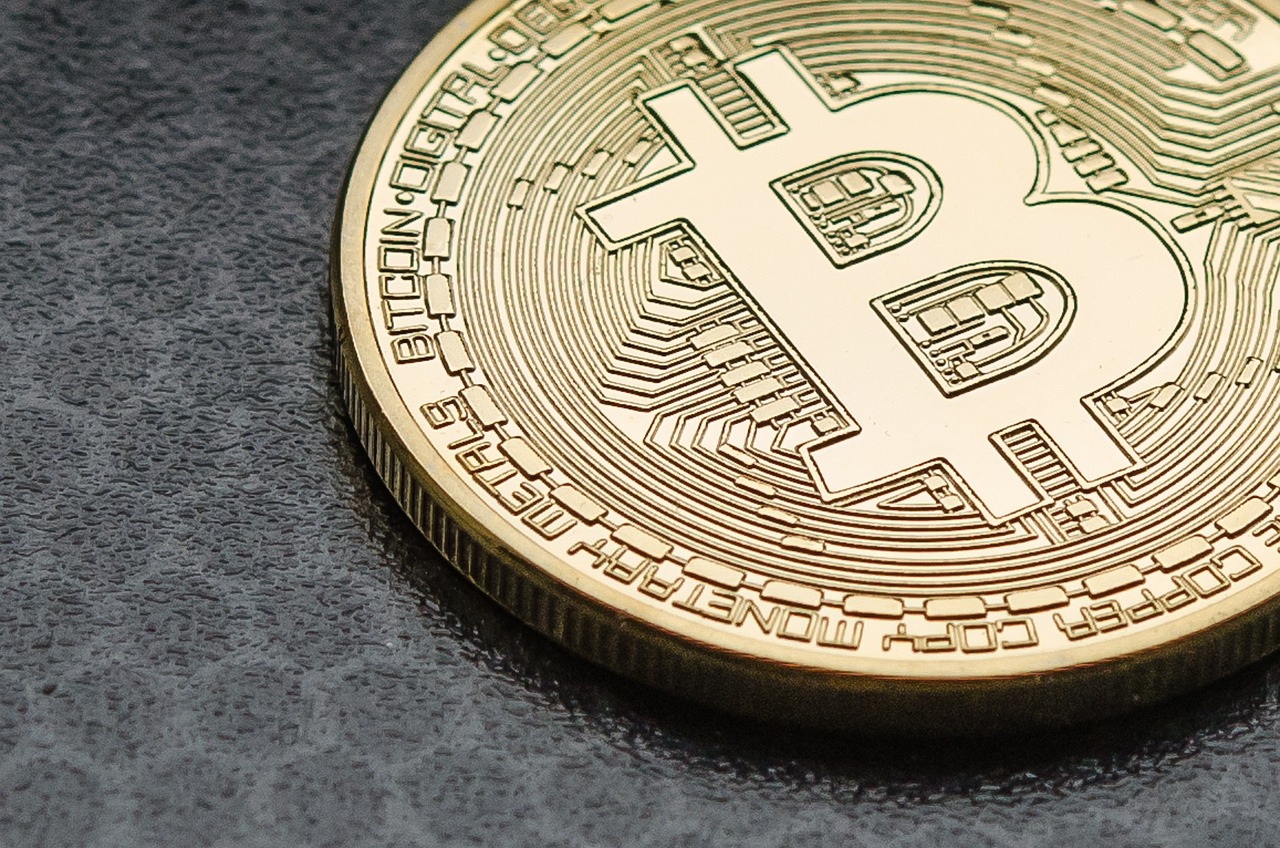Russia Legalizes Bitcoin and Cryptocurrencies for International Trade to Circumvent Sanctions


According to a report by Retuers, Russian lawmakers have passed a bill that would allow businesses to use Bitcoin and other cryptocurrencies in international trade, a significant legislative move. The development is part of Russia’s strategy to circumvent Western sanctions imposed after its invasion of Ukraine. The new law, which is expected to come into effect in September, is aimed at addressing delays in international payments, particularly with major trading partners such as China, India, and the UAE.
Just in: 🇷🇺 Russian lawmakers pass bill allowing businesses to use #bitcoin And cryptocurrencies in international trade — Reuters pic.twitter.com/yFExWcIG9k
— Bitcoin Magazine (@BitcoinMagazine) July 30, 2024
Elvira Nabiullina, the central bank governor and a supporter of the bill, announced that the first cryptocurrency transaction could take place before the end of this year. The central bank will set up an “experimental” infrastructure for such payments, with details pending.
“The risk of secondary sanctions has increased,” Nabiullina said. “It makes it difficult to pay for imports, and it affects a wide range of products.”
The bill also includes regulations on cryptocurrency mining and circulation of other digital assets, but the ban on cryptocurrency payments in Russia remains in place. The central bank stressed that delays in payments had led to an 8% decrease in Russian imports in the second quarter of 2024.
Despite efforts to convert to the currencies of trading partners and develop alternative BRICS payment systems, many transactions still rely on dollars and euros via the SWIFT system, putting them at risk of secondary sanctions. Nabiullina stressed that these sanctions complicate import payments, extend supply chains and increase costs.
The decision by Russian lawmakers is aimed at easing economic hardships caused by sanctions and ensuring smoother international trade. State Duma Speaker Anatoly Aksakov told lawmakers that by passing the bill, “we are making a historic decision in the financial sector.”


